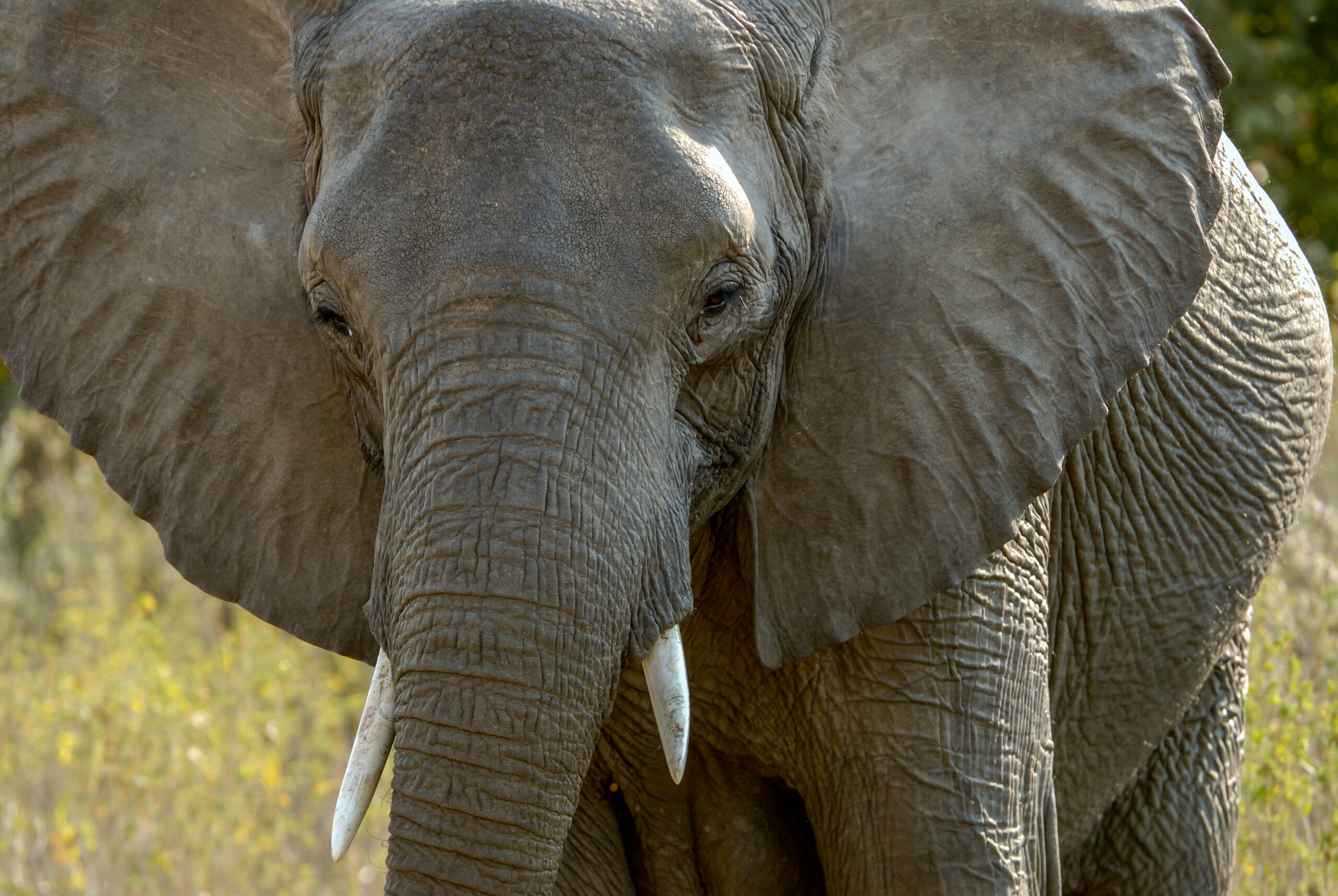The Cultural Tapestry of Mexico
Mexico, a country renowned for its vibrant culture, offers a rich tapestry woven from indigenous traditions and Spanish influences. This unique blend is evident in various aspects of Mexican life, from its colorful festivals to its culinary delights. The Day of the Dead, for instance, is a celebration that honors deceased loved ones with altars adorned with marigolds, sugar skulls, and the favorite foods of the departed. This tradition, deeply rooted in indigenous beliefs, showcases the Mexican way of celebrating life and death.
Moreover, Mexican cuisine is a testament to the country’s diverse cultural heritage. With staples like corn, beans, and chili peppers, Mexican dishes such as tacos, enchiladas, and mole are enjoyed worldwide. Each region in Mexico boasts its own culinary specialties, reflecting the local produce and cultural influences. For example, Oaxaca is famous for its seven varieties of mole, while the Yucatán Peninsula offers the unique flavors of cochinita pibil, a slow-roasted pork dish marinated in achiote paste.
The arts also play a significant role in Mexican culture. Renowned artists like Frida Kahlo and Diego Rivera have left an indelible mark on the global art scene, with their works reflecting Mexico’s social and political landscape. In music, mariachi bands and traditional folk dances like the Jarabe Tapatío, or Mexican Hat Dance, continue to captivate audiences with their lively performances.
The Natural Beauty of Mexico
Mexico’s diverse landscapes offer breathtaking natural beauty, from pristine beaches to lush jungles and arid deserts. The country’s extensive coastline along the Pacific Ocean and the Gulf of Mexico provides ample opportunities for beachgoers and water sports enthusiasts. Popular destinations like Cancún, Playa del Carmen, and Tulum attract visitors with their turquoise waters and white sandy beaches.
Inland, the rugged Sierra Madre mountain ranges offer stunning vistas and opportunities for adventure seekers. Hiking, rock climbing, and exploring ancient ruins are just a few activities that allow visitors to immerse themselves in Mexico’s natural wonders. The Copper Canyon, a series of canyons larger and deeper than the Grand Canyon, is a must-visit for those seeking awe-inspiring views.
Mexico is also home to diverse ecosystems, including the lush rainforests of Chiapas and the Yucatán Peninsula. These regions are teeming with wildlife, such as jaguars, howler monkeys, and a myriad of bird species. The country’s commitment to preserving its natural heritage is evident in its numerous national parks and biosphere reserves, where visitors can experience the beauty and biodiversity of Mexico.
Mexico’s Economic Landscape
As one of the largest economies in Latin America, Mexico plays a crucial role in the global market. The country’s economy is diverse, with key sectors including manufacturing, agriculture, and tourism. Mexico is a leading exporter of automobiles, electronics, and agricultural products, benefiting from its strategic location and trade agreements such as the United States-Mexico-Canada Agreement (USMCA).
The manufacturing sector, particularly the automotive industry, is a significant contributor to Mexico’s economy. Major international companies have established manufacturing plants in Mexico, taking advantage of the skilled workforce and competitive labor costs. This has led to the creation of numerous jobs and has bolstered the country’s economic growth.
Agriculture remains an essential part of Mexico’s economy, with the country being a top producer of avocados, tomatoes, and peppers. The agricultural sector not only supports the domestic market but also caters to international demand, with exports reaching countries around the world.
Tourism is another vital component of Mexico’s economy, attracting millions of visitors each year. The country’s rich cultural heritage, natural beauty, and world-class resorts make it a popular destination for travelers seeking diverse experiences. The tourism industry provides employment opportunities and contributes significantly to the country’s GDP.
Challenges Facing Mexico
Despite its many strengths, Mexico faces several challenges that impact its development and prosperity. One of the most pressing issues is the ongoing battle against organized crime and drug cartels. This has led to violence and insecurity in certain regions, affecting the quality of life for residents and deterring potential investors and tourists.
Corruption is another significant challenge that hampers Mexico’s progress. Efforts to combat corruption have been made, but it remains a pervasive issue that affects various sectors, including politics, law enforcement, and business. Addressing corruption is essential for fostering transparency, trust, and economic growth.
Economic inequality is also a concern in Mexico, with a significant portion of the population living in poverty. While the country has made strides in reducing poverty rates, disparities in income and access to essential services like education and healthcare persist. Addressing these inequalities is crucial for ensuring sustainable development and improving the overall well-being of the Mexican population.
Mexico’s Role on the Global Stage
Mexico’s strategic location and economic potential make it an influential player on the global stage. The country is a member of various international organizations, such as the United Nations, the World Trade Organization, and the G20, where it actively participates in discussions on global issues.
In recent years, Mexico has taken steps to strengthen its diplomatic ties and foster international cooperation. The country has engaged in trade negotiations and agreements with nations worldwide, enhancing its economic relationships and promoting mutual growth.
Mexico’s commitment to addressing global challenges, such as climate change and sustainable development, is evident in its policies and initiatives. The country has set ambitious targets for reducing greenhouse gas emissions and increasing the use of renewable energy sources. By taking a proactive approach to these issues, Mexico aims to contribute to a more sustainable and equitable world.
Furthermore, Mexico’s rich cultural heritage and vibrant arts scene continue to captivate audiences worldwide. The country’s influence extends beyond its borders, as Mexican artists, musicians, and filmmakers gain international recognition and contribute to the global cultural landscape.





